SEO for Hotel and Resort Websites
SEO (Search Engine Optimization) is an essential element in the process of designing websites for hotels and resorts. A website optimized for SEO will enhance its visibility on search engines like Google, thereby attracting a larger pool of potential customers. When customers search for services related to tourism, accommodation, or resorts, a website with top Google SEO will appear high in search results, making it easier to reach customers.

Optimizing Content for Search Engines
Content optimization is the first crucial step in the SEO strategy for hotel and resort websites. The content must meet the search needs of users, providing detailed information about services, amenities, prices, and promotions.
- Use target keywords: Choose keywords related to the tourism, hotel, and resort industry, including location names, service types, and special offers.
- Create quality content: Provide detailed, easy-to-read, and engaging information about the services and amenities of the hotel or resort.
- Optimize the article structure: Use concise and well-structured headings and paragraphs, making it easy for readers to access information.
SEO-optimized content will help your hotel website stand out on search engines, attract potential customers, and increase revenue.
SEO Standards for Hotel and Resort Images and Videos
Images and videos are indispensable elements on hotel and resort websites, helping customers visualize the space, services, and experiences at the accommodation. However, to optimize effectively, images and videos need to be designed according to SEO standards.
Images and videos must be compressed to reduce page load time while maintaining high quality. Alt tags for images and video descriptions also need to be optimized with keywords related to the services of the hotel and resort.
Ensure that images are fully described with alt tags and videos have clear descriptions of content, location, and services for easy recognition and discovery when customers search on Google. This not only improves SEO top Google but also helps the website load faster, providing a better user experience.
SEO Strategy to Attract Potential Customers
To attract potential customers, you need to build a comprehensive SEO strategy, including content optimization, website speed improvement, and the use of off-page SEO strategies.
An effective SEO strategy should include building backlinks from reputable websites in the tourism and hotel industry. Strategies such as email marketing, Google Ads, and social media campaigns also play an important role in attracting potential customers.
Focusing on local SEO is also very important, especially when your hotel and resort serve customers from specific areas. Using local keywords will help your website easily appear when customers search for accommodation services in that area.
Integration of External Tools and Services
Hotel and resort websites not only need content optimization but also need to integrate external tools and services to enhance interaction and better serve customers. This integration makes the website multifunctional, convenient for users, and helps you manage services more effectively.

Integration of Maps and Location Search
An important tool in hotel website design is the integration of online maps. Integrating Google Maps or other map services helps customers easily find the location of the hotel or resort. This not only enhances the user experience but also supports SEO top Google by providing accurate location information on search engines.
Through maps, customers can easily find nearby famous tourist attractions, dining spots, and utility services, thereby enhancing their experience and satisfaction when using the service.
Connecting with Social Media Platforms
Connecting the website with social media platforms is an indispensable marketing strategy. Facebook, Instagram, Twitter, and other platforms will help enhance brand recognition for the hotel and resort, while also interacting directly with customers.
When customers share their experiences on these platforms, you will receive positive feedback and help your website reach more potential customers. Links from social media can also contribute to improving SEO services and increasing website traffic.
Tools to Support Booking and Customer Management
Integrating online booking management tools is crucial for hotel and resort websites. Booking management software helps customers easily book rooms, select services, and pay online. Additionally, the use of CRM (Customer Relationship Management) tools helps you manage customer information, track customer behavior, and improve service quality.
Through these tools, you can provide better service, automate processes, and enhance customer satisfaction.
Website Security and Safety
Ensuring website security is an important factor that cannot be ignored, especially for hotel and resort websites, which contain sensitive customer information. Security not only helps protect customer data but also enhances the trust and credibility of the business.

SSL Encryption and Customer Information Protection
SSL (Secure Socket Layer) encryption is one of the important security measures that helps protect the personal information of customers when they make transactions on the website. Ensuring that your website has an SSL certificate will enhance security, helping customers feel secure when booking rooms and paying online.
Sensitive data such as credit card information, addresses, and phone numbers will be encrypted, protecting them from unauthorized access. This not only protects customers but also enhances the reputation of the website and business.
Security Measures for Online Payments
Online payment is an indispensable part of custom website design for hotels and resorts. To ensure that payment transactions are safe, you need to use reputable payment gateways and encrypt all payment information.
In addition to using secure payment gateways, you also need to check for security vulnerabilities on the website and regularly update security software to protect against threats from hackers.
Ensuring Customer Data is Securely Protected
In addition to protecting payment information, you need to ensure that all customer data, including personal information and booking history, is stored securely and only authorized personnel can access it. Data security not only helps comply with data protection regulations but also ensures peace of mind for customers when using your services.
Top 10 Frequently Asked Questions When Designing Hotel and Resort Websites
1. Does a hotel website need a specially designed interface?
A hotel website needs to have a beautiful, eye-catching, and easy-to-use interface to impress customers from the first visit. The interface must reflect the style and brand of the hotel or resort.

2. Should a room management system be integrated on the website?
Yes, integrating a room management system will help the hotel easily control the room status, update information about available rooms, and booking history accurately.
3. Does the website need to support customers in finding tours near the area?
Yes, providing information about tours and destinations around the hotel will add value for customers and enhance their experience.
4. Does the hotel website need a blog feature?
Yes, the blog feature helps share articles about destinations, travel tips, promotions, and special events. This not only provides valuable information for customers but also supports SEO for the website.
5. How to ensure my website always operates stably?
To ensure the website operates stably, you need to choose a reputable hosting provider, use periodic maintenance measures and software updates, as well as regularly check website performance.
6. How long do I need to build a website for a hotel?
The time to build a hotel website depends on design requirements and features. Typically, a hotel website can be completed in about 4-6 weeks.
7. Does the website need a chatbot feature to support customers?
Yes, a chatbot helps answer frequently asked questions from customers, supports quick room booking, provides information about services, and increases customer interaction and satisfaction.
8. Can I use the website to promote promotions?
Certainly. The website is an effective tool to promote promotions, discounts, or special service packages, helping to attract customers and increase bookings.
9. Does the hotel website need to integrate with external services such as OTA (Online Travel Agency) platforms?
Integrating with OTA platforms such as Booking.com, Agoda, or Airbnb helps expand customer reach, increase bookings, and synchronize room information.
10. How to optimize the hotel website for local SEO?
To optimize local SEO, you need to use keywords related to the hotel's geographical location, integrate maps, and register business information on Google My Business. This helps the website easily appear in searches related to tourism and accommodation in the area.
Comprehensive SEO Service – Bringing Businesses to Top Google Sustainably
Not just stopping at the website, MIMA accompanies businesses throughout the comprehensive SEO journey, helping you build a solid foundation and sustainable growth on Google. MIMA specializes in custom full-package website design, committed to:
- Beautiful interface, optimized user experience
- SEO standard from structure to content
- Responsive design – 100% mobile compatible
- Optimize page load speed – increase user retention
- Integrate contact forms, Google Maps, lead capture forms

MIMA helps businesses reach the right potential customers through:
- Keyword, market, and competitor analysis
- Content, image, speed, and technical web optimization
- Building SEO strategy according to industry, specific goals
- Monitoring, measuring, and adjusting campaigns periodically
Contact Information:
- MIMA Trading Service Company Limited
- Tax code: 0318672839
- Address: 31/3B Hamlet 43, Dong Thanh Commune, Ho Chi Minh City
- Hotline: 0909 035 333
- Email: info@mimadigi.com
- Website: https://mimadigi.com/




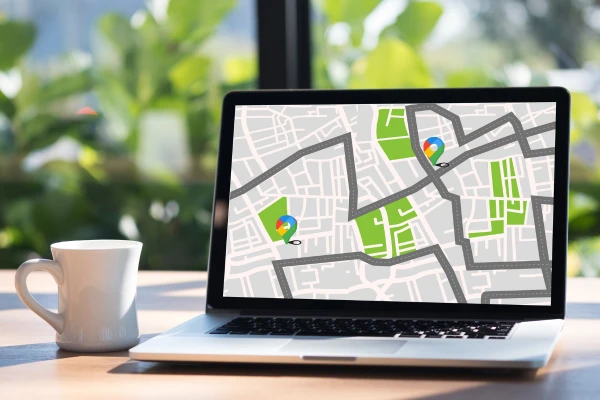




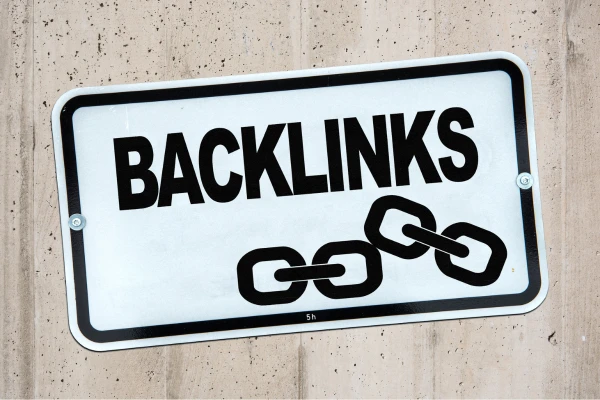

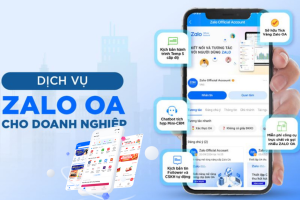
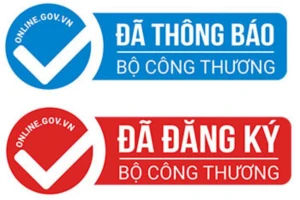
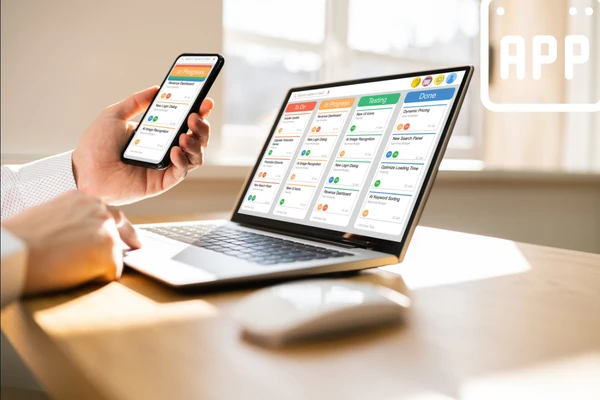

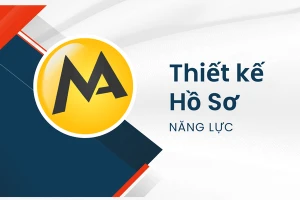



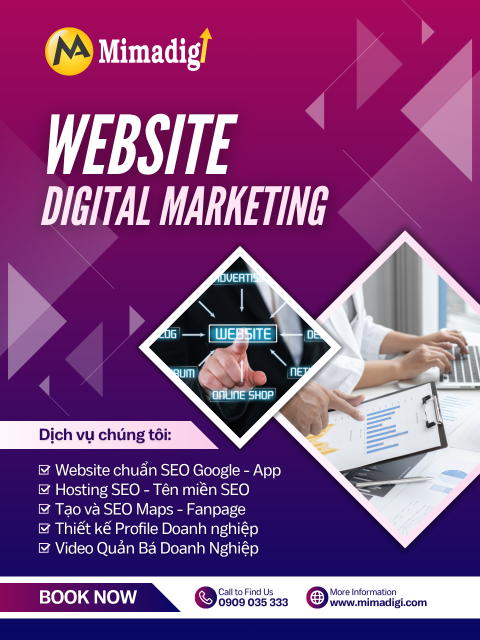






Share your review